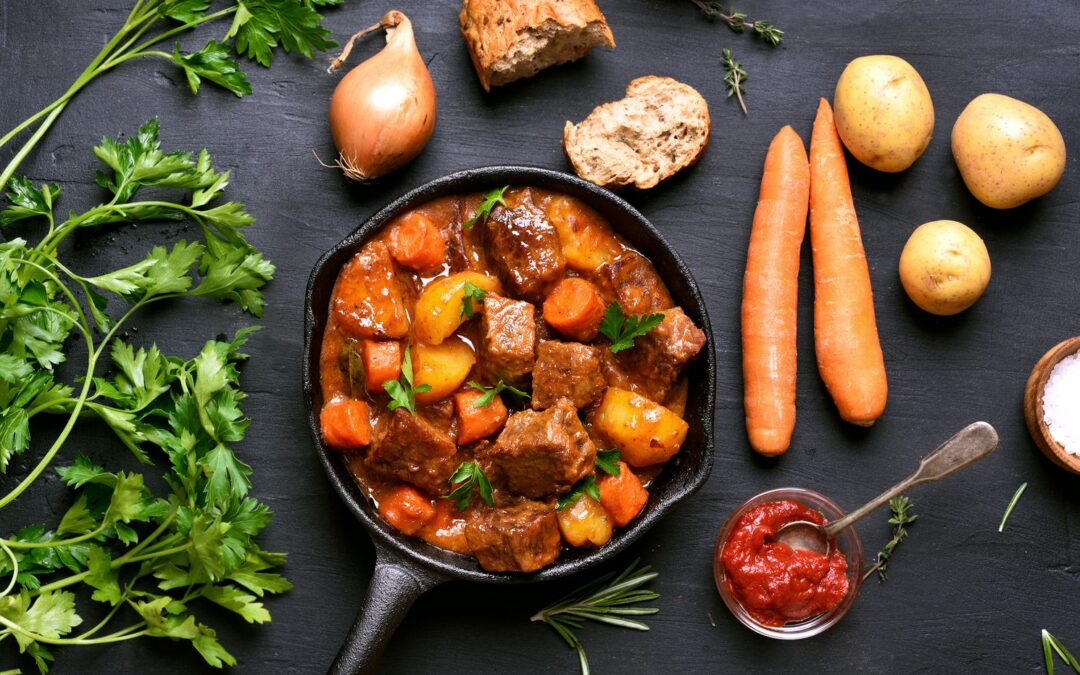Intermittent fasting–whether it be 16 hours every day, two days a week, or every other day–is the latest weight loss strategy embraced by fitness fanatics everywhere. And this version of the time-proven calorie reduction diet may be more than a passing fad. Scientists have long known that severe calorie restriction, even only for the period of a short fast, can increase your lifespan by reducing your risk of diabetes, cancer, and heart disease. Furthermore, researchers have shown that intermittent fasters do lose weight. One theory is that because such diets don’t require calorie counting, they are easier to follow and stick with. Another is that occasional fasts train the body to metabolize more efficiently.
In addition to fasting for dieting, fasting is also at the heart of several religions. Ramadan is a time to reflect, practice self-discipline and control while also empathizing with those who are less fortunate. The act of fasting is one of equality between the rich and the poor to instill compassion for those who may not be able to afford food.
Whether it’s simplicity, results, or religion that have you trying intermittent fasting, there’s one problem all newbies face: how to deal with hunger pangs during fasting periods. Here are three suggestions for getting through your fasts:
1. Take a walk, or better yet, a run: Exercise is a great way to distract yourself from your rumbling tummy, and a morning jog can be a lot more pleasant experience without a belly full of eggs and bacon sloshing along with you. Furthermore, it will help with your weight loss goals. Studies have shown that if you work out while your stores of carbohydrates are low, your body will turn to burning fat. If you’re an elite athlete doing extreme workouts for several hours each day, however, you also might be in danger of burning protein and muscle once your fat stores are depleted. If that is the case, you may want to discuss with your trainer or doctor whether fasting makes sense for you.
2. Hydrate, hydrate, then hydrate some more: It is often difficult to distinguish hunger pains from thirst pangs. The body needs water more and more often than it does food. Downing a full glass will eliminate that empty feeling in your stomach and make sure you have the fuel you need to make it through the fast.
3. Do some yoga or meditate: Studies have found that yoga stimulates the production of hormones that suppress appetite. And a meditation practice can teach you to accept and tolerate hunger pangs rather than fight them and make them worse.
For many, intermittent fasting has proved to be the diet plan that finally sticks, a long-term calorie reduction strategy both easy to implement and with proven health benefits. Don’t let hunger pangs, or fear of them, keep you from trying intermittent fasting.


Recent Comments